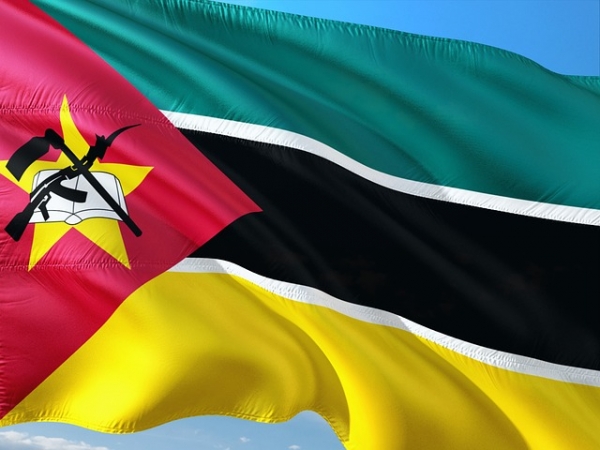Over the past five years, the northern area of Mozambique has been affected by an increasing number of terrorist attacks, conducted mainly by the Islamic State. More recently, jihadist violence has spread in the center of the country, with a significant increase of the displaced population – almost one million people in the first half of the year – and causing over four thousand deaths.
International organizations, rushed to the scene to limit the humanitarian crisis, testify the tragic situation of accessing to basic necessities, food and non-food aid, and not adequate health conditions inside the camps for displaced persons (IDPs). The latter are mainly populated by children: for example, over 60% of the displaced in the city of Pemba are minors. Furthermore, according to the Word Food Program, the crisis of IDPs in northern Mozambique risks turning into an alarming food emergency for an ever-increasing number of families who are unable to be reached by food support.
In addition to the food crisis, civilian population is constantly victim of human rights violations. The testimonies collected in the report conducted by the Center for Public Integrity, report abuses, sexual violence and acts of intimidation carried out by state security forces during counter-terrorism operations.The tragic situation removes any hope of a possible return by the civilian population to the abandoned areas. "UNHCR is concerned about the risks people face should they continue to return to their areas of origin before conditions are stabilized" as stated by UNHCR spokesman Matthew Saltmarsh, the instability of the internal situation in the country makes the organization strongly unfavorable to consider the return of displaced people to their homes.
The escalation of violence in the territory - no longer just relegated to the northern area - has contributed to spreading a sense of insecurity and terror throughout the geographical area. This feeling led to a joint commitment and collaboration between several African countries. In particular, on September 21, Tanzania and Mozambique signed an agreement for the joint struggle against the jihadists. Driven by the fear of a spread of jihadist violence within its borders, President Samia Suhulu Hassan met with Mozambican President Filipe Jacinto Nyusi in Maputo to discuss the methods of intervention in the fight against terrorism. In addition to the Tanzanian President, the High Representative of the European Union Josep Borrell also met with President Nyusi to announce the European collaboration with the approval of a loan worth 15 million euros to support the mission of the Community for the development of 'Southern Africa (SADC) in Mozambique. These funds are in addition to the previously agreed 89 million to be allocated to the purchase of material and training.
To read more, visit:
-
https://www.notiziegeopolitiche.net/mozambico-accordo-con-la-tanzania-per-combattere-il-terrorismo/
-
https://www.hrw.org/world-report/2022/country-chapters/mozambique
by Federica Tognolli







